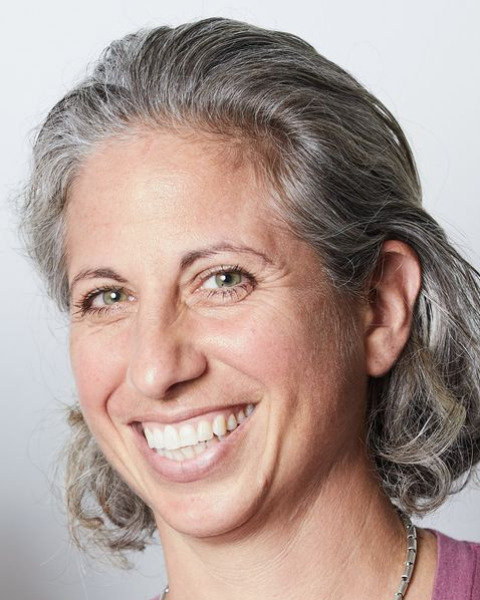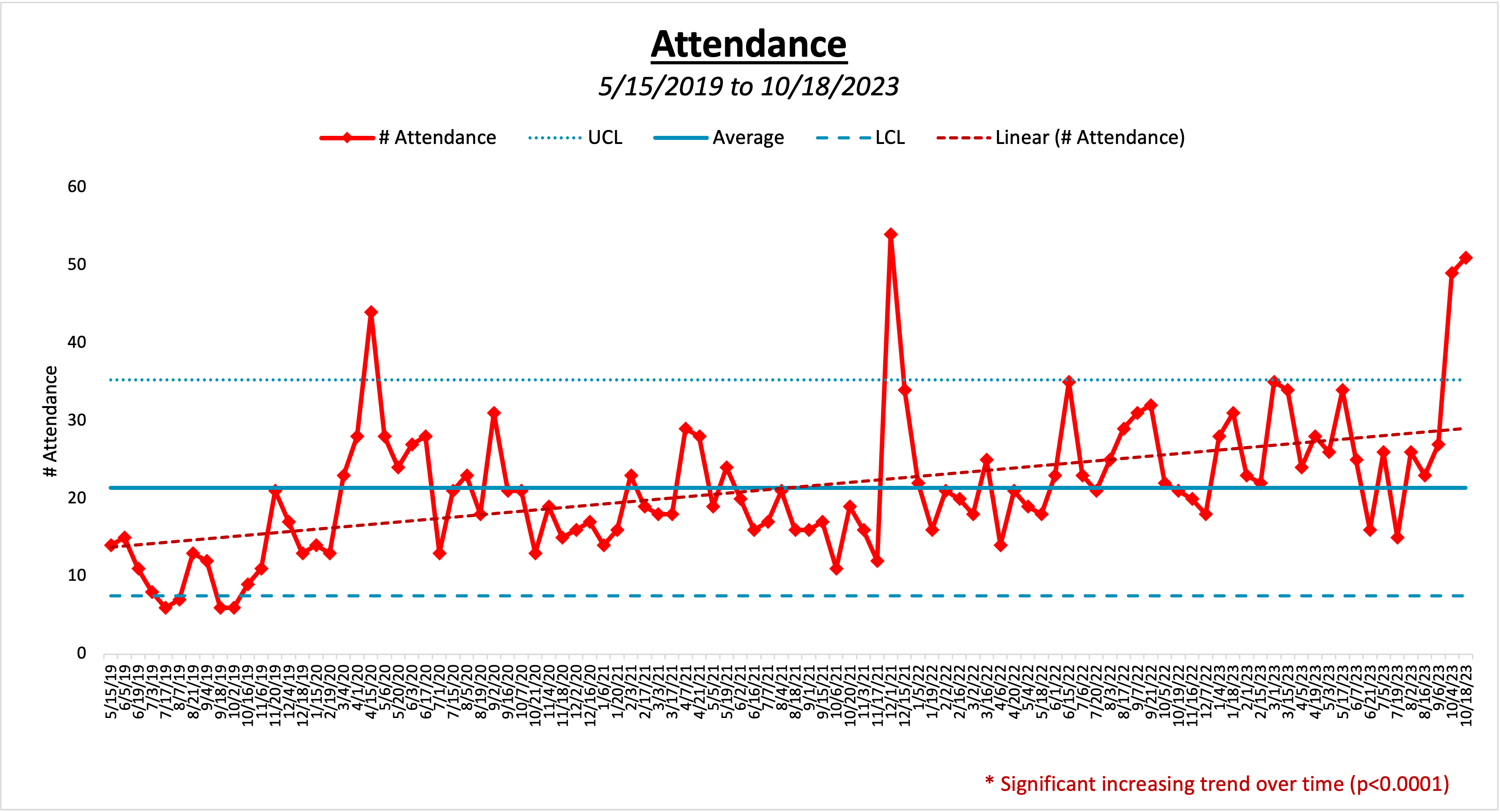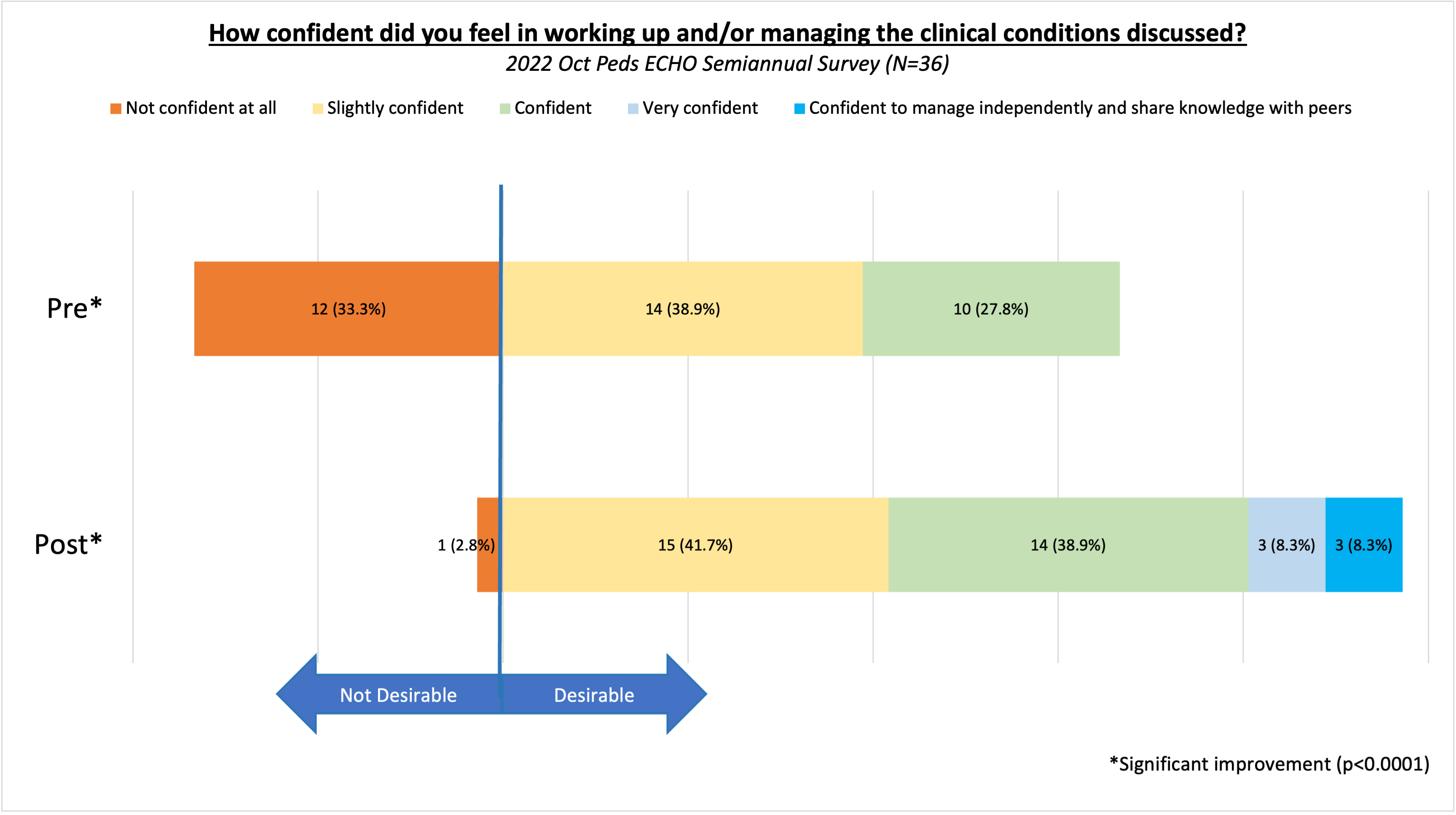General Pediatrics
Session: General Pediatrics 4
364 - Pediatric ECHO Hawaii: A Longitudinal Tele-Education Program Empowers Primary Care Pediatricians and Expands Access to Specialists in a State with a Physician Shortage and Unique Geographic Barriers.
Saturday, May 4, 2024
3:30 PM - 6:00 PM ET
Poster Number: 364
Publication Number: 364.1153
Publication Number: 364.1153

Maya Maxym, MD, PhD (she/her/hers)
Assistant Professor, Pediatrics
University of Hawaii, John A. Burns School of Medicine
Honolulu, Hawaii, United States
Presenting Author(s)
Background: Hawaii suffers from a severe physician shortage, especially in rural areas, with almost no pediatric specialists outside Honolulu. The geography of an island chain poses unique barriers for children who need specialty care. Pediatric ECHO Hawaii (PEH), a tele-education project for pediatric clinicians now in its 5th year, is one component of a statewide multidisciplinary effort to expand access to care and mitigate our unique geographical barriers and workforce limitations. As a local response to local needs, PEH provides quality, free, relevant pediatric CME. During times of crisis, PEH has rapidly pivoted to meet learners’ needs, such as addressing challenges posed by the COVID pandemic or the pediatric mental health crisis.
Objective: Pediatric ECHO Hawaii’s primary objective has been to implement, evaluate, and continuously improve an accessible and flexible educational program that provides actionable CME to clinicians caring for Hawaii’s unique population. We also seek to empower PCPs to care confidently for complex patients in the medical home, to increase access to specialists, and to expedite workups for patients who need referrals.
Design/Methods: Pediatric ECHO Hawaii began providing free bi-monthly CME in May 2019, with most sessions presented by pediatric specialists on high-yield topics. Regular surveys are conducted to evaluate the program's impact and guide improvements. Free text comments on surveys are used to help us choose future topics and respond to participants' needs. IRB waiver was obtained.
Results: Attendance has increased steadily from 2019 to 2023, with an average of 29 participants per session in 2023. 85-100% of respondents report increased confidence contacting specialists to discuss patients or coordinate care. In 2020, 74% of participants reported that PEH was helpful in managing their practices during COVID. After the 2022 Behavioral Health (BH) series, participants who were slightly or more confident managing BH conditions independently increased from 66.7% to 97.2%, and 94% of participants reported increased knowledge of available community resources.
Conclusion(s): PEH provides needed, accessible, practical CME to pediatric clinicians across Hawaii, increasing their confidence in caring for patients, expanding access to specialists, and pivoting as needed to provide relevant education and support in challenging times. It is an important component of a multi-pronged effort to expand access to care for pediatric patients with complex medical and behavioral health conditions in a state with ongoing healthcare workforce challenges and unique geographical barriers.


